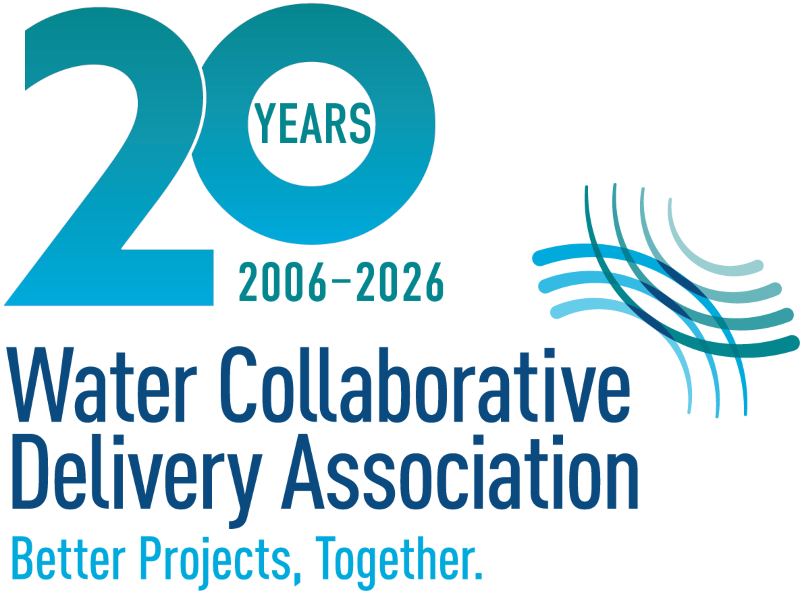Water Design-Build Council (WDBC) research confirms a significant increase in growth in the use of collaborative-delivery methods for water and wastewater projects in the US. For certain public owners, including some cities, counties, districts, agencies, special purpose entities, and states, where historically only design-bid-build (DBB) has been utilized for implementing capital works projects, enabling legislation modifications may be required so these public agencies can utilize collaborative delivery methods such as fixed-price design-build (FPDB), progressive design-build (PDB), and construction management at-risk (CMAR). Enabling legislation modifications can be unique to each public owner and frequently come in the form of a charter amendment, ordinance change, or municipal code modification. Regardless of the required process, WDBC supports the best practice of engaging each public owner’s legal counsel and governing body to guide and implement modifications to enabling legislation.
My firm is serving as the owner advisor (OA) for a city who wanted to utilize PDB for a significant water treatment plant capital improvement project. Historically, this city had only utilized DBB to implement public works projects and their legal counsel confirmed a change to their enabling legislation would be required for the city to utilize PDB for their water treatment plant upgrade project. The enabling legislation modification process can be daunting and sometimes requires a public vote of approval. But WDBC research and the experience of WDBC members and owners who have done it shows that they are glad they did it so they can realize the benefits of collaborative delivery methods.
In order for this city to change their procurement rules they had to first pass a resolution by public vote to amend their city charter, followed by a municipal code ordinance modification. The entire process for these two steps took about six months, with several drafts of the proposed wording of the modifications required to accomplish the final version going to voters. Initially, the wording of the charter amendment and municipal code change were drafted specific to design-build delivery anticipated for the city’s upcoming water treatment plant project. However, in a stroke of genius, the city legal and public works team created flexibility in the wording of the charter amendment and municipal code modifications by allowing for all forms of collaborative-delivery methods. That way the city achieved flexibility in their current and future capital works projects by using traditional DBB or any collaborative delivery method. The wording used in their enabling legislation modifications was “best-value project delivery methods” to describe collaborative delivery methods, and they specifically utilized the terminology “progressive design-build, construction management at-risk, fixed-price design-build, design-build-operate, and other similar approaches” to provide flexibility for future projects.
The takeaway is: The enabling legislation modification process can be involved and time consuming. Clearly every project is unique and has different needs and drivers. Why not incorporate flexibility into enabling legislation modifications to allow for flexibility in choosing the best project delivery method for each project?

